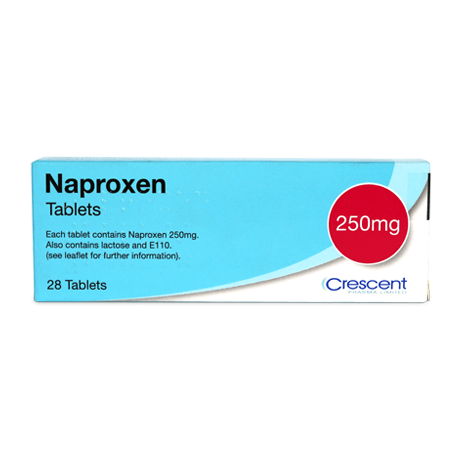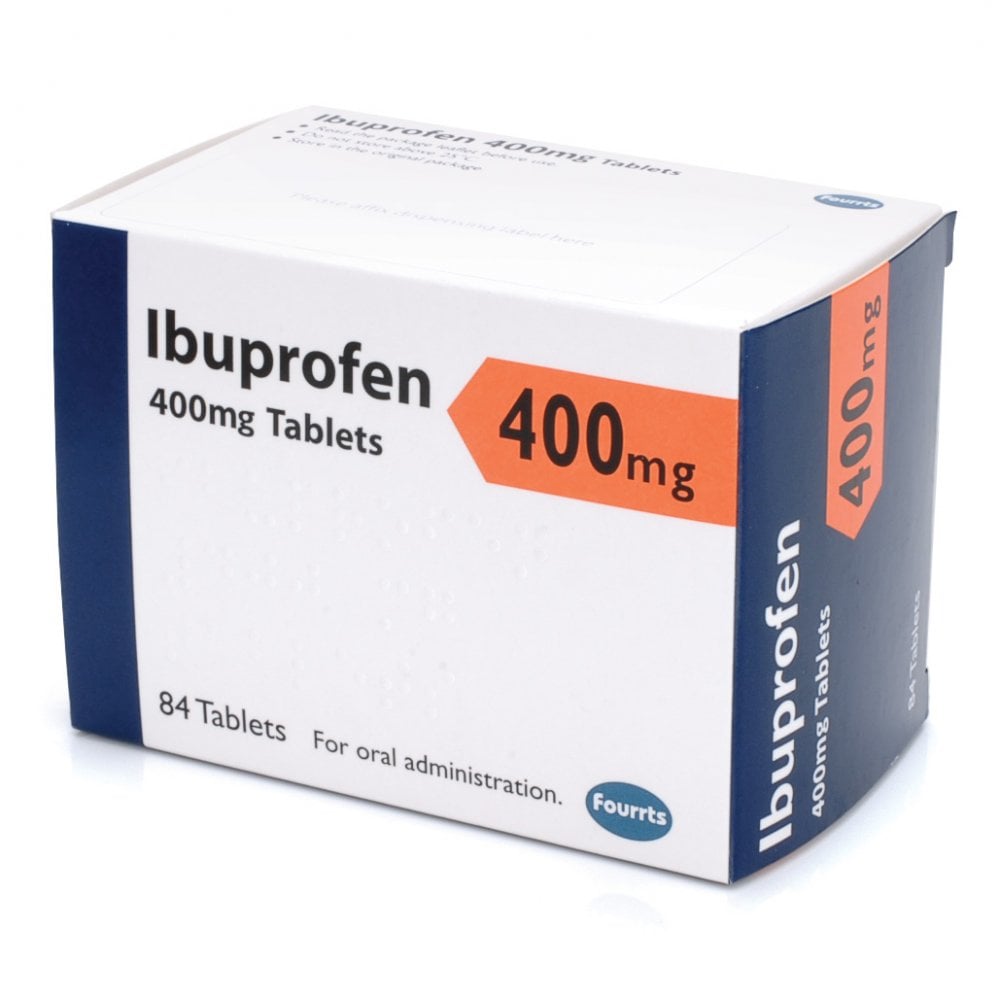Naproxen Tablets – Period Pain Treatment
£14.99 – £32.99Price range: £14.99 through £32.99
– Reduces pain caused by period cramps
– Should only be used for short periods
– Fast and discreet delivery
Product Selections Available:
| Strength or Size | Quantity | Price |
|---|---|---|
| 250mg | pack of 28 | £14.99 |
| 250mg | pack of 56 | £24.99 |
| 250mg | pack of 84 | £32.99 |
- This product requires a consultation with a UK registered clinician, who will determine if the prescription is appropriate.

About Naproxen Tablets – Period Pain Treatment
– Reduces pain caused by period cramps
– Should only be used for short periods
– Fast and discreet delivery
Directions:
Take TWO tablets initially and then take ONE tablet when required every every 6 to 8 hours, up to a maximum of 5 tablets in a day.
Talk to a healthcare professional before taking with Naproxen if you have had or suffer with any of the following conditions:
– an allergic reaction to medicines in the past
– high blood pressure
– Any heart problems
– stomach ulcers, bleeding in the stomach or intestines, or a hole in your stomach
– allergic reaction to any non-steroidal anti-inflammatory medicines (NSAIDs)
– Liver or kidney issues
– Crohn’s disease or ulcerative colitis
– blood clotting disorder
– plans for pregnancy or are breastfeeding
Frequently Asked Questions
Naproxen is a nonsteroidal anti-inflammatory drug (NSAID) used to reduce pain and inflammation. It is commonly prescribed for conditions such as rheumatoid arthritis, osteoarthritis, ankylosing spondylitis, gout, and menstrual cramps.
Take Naproxen as prescribed by your doctor, usually with or just after a meal to prevent stomach upset. The dose varies depending on the condition being treated, typically ranging from 250 mg to 500 mg twice daily. Do not exceed the recommended dose, and use the lowest effective dose for the shortest possible duration.
Common side effects include stomach pain, heartburn, nausea, headache, dizziness, and drowsiness. More serious side effects can include stomach or intestinal bleeding, high blood pressure, kidney issues, and increased risk of heart attack or stroke.
Avoid Naproxen if you have had an allergic reaction to it, aspirin, or other NSAIDs. It should not be used if you have a history of stomach ulcers, gastrointestinal bleeding, severe heart, liver, or kidney conditions. Consult your doctor if you are pregnant, planning to become pregnant, or breastfeeding.
Naproxen can interact with other medications, including blood thinners, other NSAIDs, certain antidepressants, and medications for high blood pressure or diabetes. Always inform your doctor about all the medications you are taking to avoid potential interactions.
Store Naproxen at room temperature, away from moisture, heat, and direct light. Keep it out of reach of children and do not use it past the expiration date.
Avoid drinking alcohol while taking Naproxen as it can increase the risk of stomach bleeding and other gastrointestinal issues.
How It Works

We stock a large range of medicines to treat multiple conditions.

Your answers will be reviewed by a UK registered pharmacist.

Once approved, have your medicine delivered to your door or to a location of your choice.

View past treatments, manage your orders and see your clinical notes and updates, all from just one portal.




